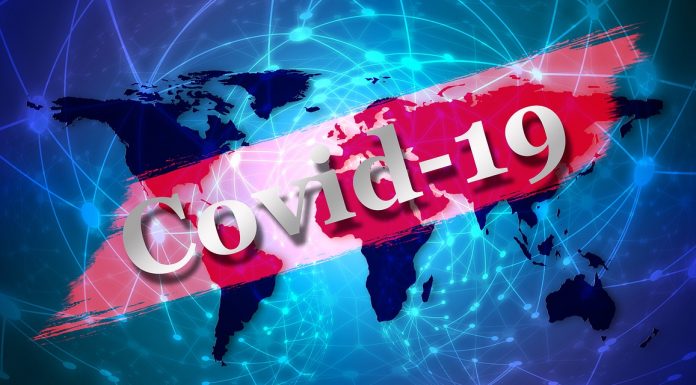(Alex Berezow, PhD and Josh Bloom, American Council on Science & Health) Of all the things we have lost this year due to the COVID-19 pandemic – from the people we love to the jobs that put food on the table – one of the more pernicious is the loss of faith and confidence that Americans have in their public health institutions.
How did it happen?
It’s not simply a matter of being wrong. It’s okay to be wrong, especially when confronted by a situation in which confusing and contradictory evidence changes on a daily basis. As long as experts admit to being wrong and can explain why, trust can actually increase because the public appreciates transparency.
A loss of credibility, therefore, happens for other reasons. In the case of coronavirus, we believe there are five reasons: Incompetence, waffling, moving the goalposts, disregarding unintended consequences, and being political.
Incompetence. Incompetence is far worse than being wrong. It puts on full display that the people in charge don’t actually know what they’re doing.
The CDC displayed incompetence when it sent out diagnostic tests that didn’t work because they were tainted with the coronavirus. Later, it was revealed that the agency was conflating two different types of COVID-19 tests, one that detects active infections and the other that detects past infections. Undergraduate biology students know that you cannot add the numbers from two very different tests. This was not a case of adding apples to oranges; it’s more like adding apples to cheeseburgers. This absurd error nullified precious data that other officials were using to make decisions about lockdowns.
Likewise, the FDA displayed incompetence by failing to approve new coronavirus tests in a timely manner, setting back our country’s ability to track infections by several critical weeks.

Waffling. As data change, we should expect public health advice to evolve (slowly) over time; this is the nature of science. What is unacceptable is waffling, that is, giving one answer one day and a completely different answer another day. The WHO did that when it announced that asymptomatic carriers only rarely transmitted coronavirus infections, only to retract the statement 24 hours later.
Moving the goalposts. At the beginning of the pandemic, public health officials urged the need to “flatten the curve,” the goal of which is to prevent a spike in infections that overwhelms healthcare systems. This is an achievable and necessary goal.
Over time, however, “flatten the curve” took on a new meaning. Instead of slowing the spread of the disease – to decrease the burden on overloaded hospitals and buy time for the development of drugs or vaccines – the goal became to stop disease transmission entirely. This is a ludicrous goal because – like stopping the spread of the common cold or influenza – it is nearly impossible. Similarly, “finding a cure” became a common refrain, despite the fact that there may never be a good vaccine or antiviral for coronavirus.
Disregarding unintended consequences. Like the side effects of a drug, all policies have unintended consequences. The lockdown caused major damage to the economy, prevented cancer patients from receiving treatment, and increased the prevalence of mental illness. For these and other reasons, some experts believe that the lockdown cost more lives than it saved. Regardless if that is ultimately true, at the very least, uniform shutdown policies imposed without regard for differences in population density and local infection rates were deeply flawed.
Being political. The absolute worst way to damage credibility is to choose sides in our toxic culture war. Yet, public health experts did precisely that, too.
Many of the same experts who endorsed strict lockdowns in order to “stay home, stay safe” then endorsed anti-racism protests in which thousands of individuals crammed together on city streets. Public health advice is supposed to be apolitical and evidence-based. Such blatant political advocacy did not go unnoticed. A damning headline in Politico noted, “Suddenly, public health officials say social justice matters more than social distance.
Exacerbating all of these problems is extreme partisanship, in which point-scoring and blame-shifting are seen as more important than creating a unified front. This failure of leadership stretches from the White House down to Governors’ Mansions and City Halls across the nation.
At their best, public health experts deserve credit for eradicating smallpox and turning fatal diseases like HIV into manageable chronic illnesses. At their worst, they act like bureaucrats and political partisans. The resulting loss of credibility makes us all worse off…Original Source…

